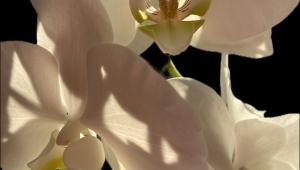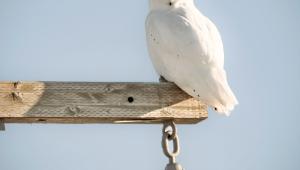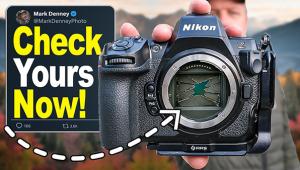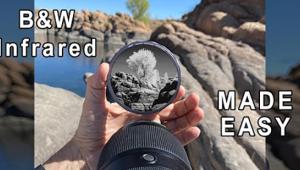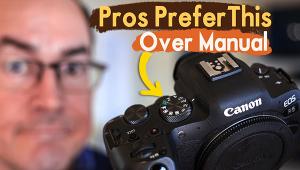Circular Polarizer and Graduated Neutral Density filters still have a place in my camera back but I only use them for specific problems. I do not subscribe to the silly policy advocated by profiteering dealers that I should have a "protective filter" on all my lenses. Why on earth would I want to purposely cover the front of a $2K lens with a $60 filter and compromise the optics? Those users are the same people putting transparent plastic covers on their sofas.
Please briefly describe what filter (s) you use and why.
- Log in or register to post comments

I have been in the Aerial Photography business for 32 years. I hav not used a filter since digital. First, I do not fly until the light is right. And, by using RAW I have every tool needed at my finger tips to modify or enhance the image I start with. Note: I had more than 40 Nikon filters I could not give away!

I believe you still need to use Polarizing filters, as you really can only partially mimic this effect in software. Particularly the reduction of reflections from water or highlights. Also, I still find that using a neutral density filter is the only way to reduce highlights enough to take long exposures. I still use a graduated neutral density filter to reduce dynamic range for landscapes, because the effective exposure is better than using a software effect to "dim" the sky, or "brighten" the foreground.

At a minimum, I can't imagine life without several neutral density filters. Given a minimum ISO of 100 on most DSLRs, there is no way to use a slow shutter speed without them, especially if you want to manage depth of field. Also, of course, I need a polarizer for glare. Software cannot handle either of these issues. Both need to be addressed at the light source.

Because if you do it right the first time you don't have to spend so much time in front of the computer adding filters, etc. If you can do it TTL and get the result you want why spend any extra time in front of the computer when you can be behind the camera taking pictures!

I use a polarizer to make the sky darker blue, to make clouds stand out better, to reduce reflections off of foliage to make the greens look deeper, and to reduce reflections off of water to provide more detail. I use a starburst filter occasionally to create radial spears of light radiating from lights at night. The result is sometimes quite spectacular. Of course, UV filters are good lens protectors. I'd like to see a plug-in do that!

No post processing that I have seen can improve a good polarizing lens on so many shots. Also, use of ND filters to allow slower shutter speeds in daylight. Even lowest ISO on digital cameras cannot help you reduce shutter speeds enough to allow image of water movement for example.

I use a daylight or UV filter on all of my lenses; Why? Replacing a damaged or scratched filter is cheap and gives an extra layer of prtotection. If a bad damaged area is on lense coating it can mean that the lense is finished for good photo work.













